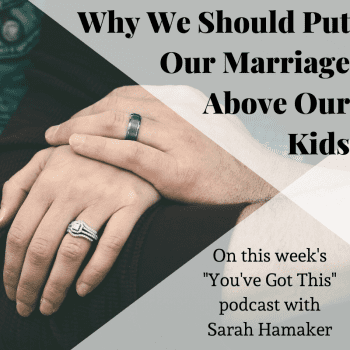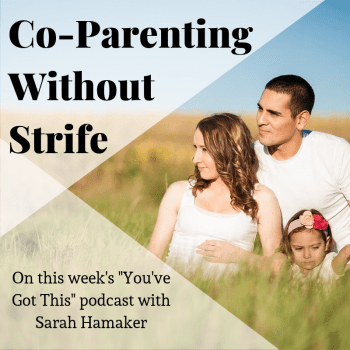 Why did you make this documentary?
Why did you make this documentary?
Kirk: When we got our kids phones, someone relayed a story about a father who discovered his teenage son had a secret Facebook account and had been corresponding with an adult predator who had been abducting children. Of course, the son thought the predator was a friend. Stories like that are every parent’s fear. Our kids can be exposed to horrible things, like pornography and connecting with unknown people online through social media and the Internet. I didn’t want that to become a problem for us or for any parent, so I started talking to experts, like my pastor, a neurosurgeon and other technology entrepreneurs.
We wanted to parent our kids through this to figure out where the dangers were and help kids navigate this new digital world. When you hear stories about how those leading technology companies, such as Apple and Microsoft, not letting their kids have screen time or be online, you realize that we do need to be careful.
Some say that smartphones/devices are no different than the dangers facing other generations. What makes this different?
Kirk: The iPhone was only invented 10 years ago, and today, kids spend on average between 9 and 10 hours a day looking at electronic devices. Our parents never taught us to use social media because there was no social media. It really is a different time. One stark example is before, if you wanted to see pornography, you had to sneak a magazine into your house and hide it from your parents. Now, every version and form of the most twisted perversion is available at school, in the bedroom, in a handheld device. Porn is much more accessible and easier to find online.
Don’t get me wrong—I love technology, and I love using Facebook to talk to friends and post pictures. But just like I wouldn’t’ hand my 10 year old the car keys and say have fun, we shouldn’t be handing our 10 year old a phone and say here’s an Instgram account without providing guidance and safeguards,
Why are parents so willing to overlook the studies and information already out there about the potential harm of screen time, especially for young kids?
Kirk: As parents, we’re busy, we’re distracted. It’s so much easier to hand kids an iPad with a game rather than us take the time to read a story to them. It looks harmless on the surface because it’s just a cute little video game, and they’re learning how to use computer. When I made CONNECT, I wanted to emphasize the importance of parents to stay connected with their kids. Technology can be used for good or it can harm our kids. Parents who are not too busy to connect with their kids will find more ways to technology to bless them and not harm them.
What are some guidelines for parents looking to implement limitations on device (smartphones, tablets, Internet access, computers, etc.) usage?
Kirk: There’s a few things that come to mind. First, make use of all parental controls devices have. Block certain sites, use filters for language, etc. But at the end of the day, those controls aren’t enough. You can use Circle with Disney, a white box that hooks up to Internet to monitor and filter content to every device in your home. You can set time limits, pause the Internet, etc. It works on gaming platforms and smart TVs too. However, at the end of the day, my wife and I think that nothing’s going to protect your kids like an involved parent. There’s no piece of technology that’s going to keep them safe.
How did you handle the introduction of smartphones into your own home?
Kirk: When we decided our kids were old enough, we let them use a smartphone that had a list of people they could contact, like grandparents and a couple of friends. But for apps, we kept those on our phones, so the kids had to ask us to use it in our presence. No secret or hidden accounts, no secret passcodes. That’s where the trouble starts.
Every parent needs to decide what to do with smartphones and their own kids. Every family will set the limits best for their kids, and adjust according to each child and what’s appropriate for them.












